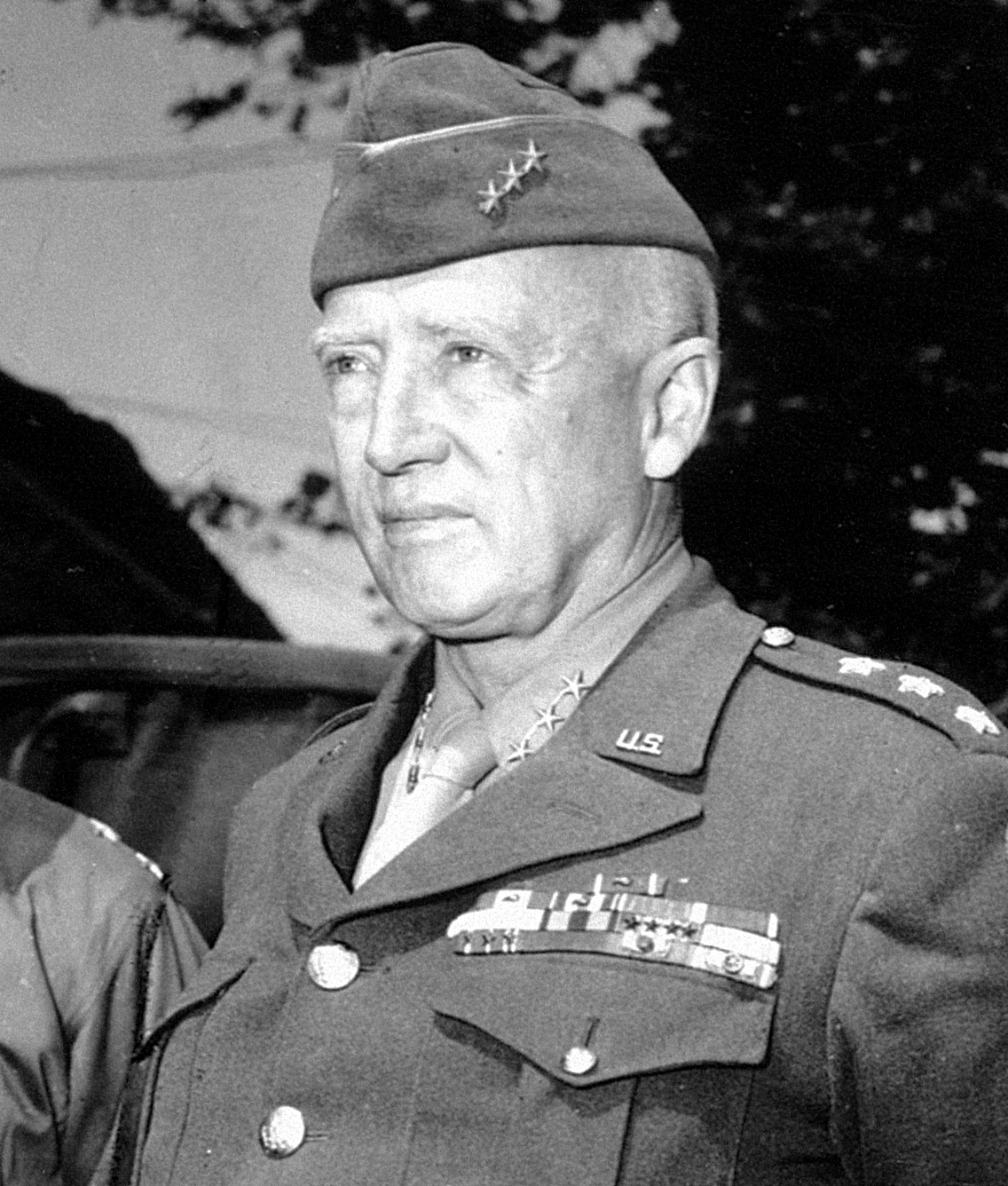I finally finished the 416 pages of The Soul of Battle: From Ancient Times to the Present Day, How Three Great Liberators Vanquished Tyranny by Victor Davis Hanson.
The third part was about George S. Patton.
Let me first start off with noting some pages that I earmarked ... these quotes really struck a chord with me.
A quote from the Iliad: "Fate is the same for the man who holds back, the same if he fights hard. We are all held in a single honor, the brave with the weaklings. A man dies still if he has done nothing, as one who had done much." - Homer
This next quote shocked me. Hanson had been discussing extensively the short-falls of Eisenhower and Bradley and the other generals - how they would not listen to Patton, but that history has since proved Patton was spot on with his assessments, strategic plans and tactics, time and time again. He should have been the supreme allied commander in Europe. And just what did it cost the world for not listening to Patton? This is the shocking thought Hanson describes, "we should keep the issue of urgency in mind. Patton's entrance into Germany meant - whether or not his infantrymen knew the full extent of Nazi atrocity to the east - not merely 'the end of the war' and a cessation of killing between Germans and Americans, but rather a halt to the entire Nazi industrial plan of killing innocents. When he stopped, thousands died; when he advanced, the day of salvation was nearer."
Just how much life could have been saved had Patton been allowed to continue into Germany in August 1944? Hanson continues, "more Jews would be gassed from the time Patton closed in on the German border in late summer 1944 until the May 1945 surrender than had been killed during the entire first four years of the war."
That quote has spooked me ever since I read it.
They called him Blood n Guts because of his bombastic way of speaking, but in fact, had he been allowed his way, blood and guts of millions would have been spared. Along those same lines ... I don't know if this analysis has been performed, but Hanson seems to make the point that if Patton had his way, the European war would have been over in the fall or winter of 1944 instead of May 1945. If that is the case - had we won the war in 1944 and then turned our full attention to Japan - would the war in Japan had ended before August 1945? Before the atom-bombs were dropped?
Anyway - the book was amazing - I could read Hanson all day. The amount of knowledge in that guy's head is mind-boggling. Sometimes I wish I could have discovered him in high school - I would have probably considered a different major in college after reading his books.
His epilogue summarizes the point of the book well. In all the history of the world, three armies rapidly assembled; were convinced that what they were going was morally right and then they went out and accomplished the mission - destroying tyranny. Each army was perhaps the most deadliest army in the world at that time - frightening many. But when the mission was accomplished; they laid down their weapons and went home just as quickly as they took them up.
The next book in the list is the last of the Millennium Trilogy: The Girl Who Kicked the Hornet's Nest. We'll be spending the day at the beach on Saturday - I might be able to get a lot of reading in then.


No comments:
Post a Comment